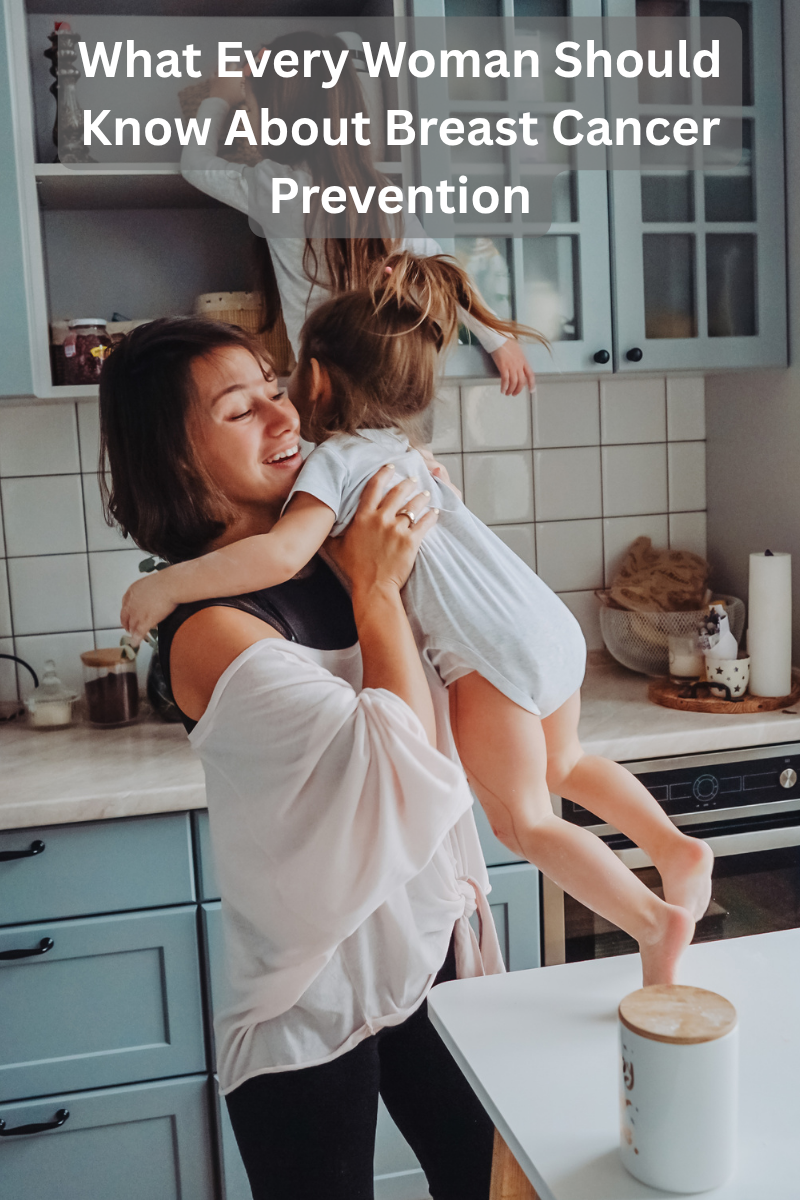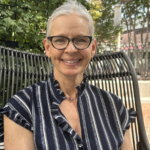
Primary Prevention of Breast Cancer: What Every Woman Needs to Know
Breast cancer remains the most common cancer in women, accounting for 30% of all diagnoses each year.
The lifetime risk is now 1 in 8 women, and concerningly, rates continue to rise, especially among women under 50. While 10% of cases are linked to genetics, the majority (90%) are related to lifestyle and environmental factors we can influence. That means prevention is possible.
The good news? Survival rates have improved, but our best strategy is primary prevention, taking proactive steps to reduce the risk of breast cancer before it starts.
Why Prevention Matters
- Breast cancer rates are still climbing by about 1% annually.
- Lifestyle factors, such as diet, weight, stress, and environmental exposures, are strongly linked to risk.
- Studies show healthy lifestyle changes can lower risk by 20–30% across all age groups and cancer subtypes.
Lifestyle Strategies for Lowering Risk
- Maintain a Healthy Weight
- Excess body fat increases estrogen and insulin, both linked to higher breast cancer risk.
- Stay Active
- Regular physical activity supports hormone balance, reduces inflammation, and strengthens the immune system.
- Limit Alcohol
- Even moderate alcohol use raises risk. Reducing intake, or eliminating alcohol, protects long-term health.
- Choose a Protective Diet
- Increase fruits, vegetables, whole grains, plant-based proteins, and healthy fats (olive oil, nuts, omega-3s).
- Limit red and processed meats, refined carbs, and foods high in saturated or trans fats.
- The Mediterranean diet and plant-forward eating patterns consistently lower risk.
- Manage Stress & Sleep
- High cortisol levels, disrupted circadian rhythms, and poor sleep are associated with hormone imbalances and an increased risk.
- Reduce Environmental Exposures
- Chemicals in personal care products, plastics, and pollution can act as hormone disruptors. Choose cleaner options when possible.
Beyond Lifestyle: Medical Prevention
For women at higher-than-average risk, medications such as endocrine therapy may reduce estrogen-positive breast cancers by 30–60%. Bone density scans, lab testing, and personalized risk assessments can help guide these decisions.
Our Holistic Approach
At Thrive, we believe prevention means treating the whole person, body, mind, and environment. That includes:
- Education about nutrition, stress, and toxin reduction.
- Support for exercise and mindfulness practices.
- Personalized counseling to understand and reduce your risks.
Join Our Upcoming Workshop
Yoga + Learn: Primary Prevention of Breast Cancer
October 27, 6 PM
$35 (Free for Thrivers)
Dr. Nancy Palermo will review the newest research on lifestyle, environment, and prevention strategies, and guide you in taking meaningful steps to protect your long-term health.



